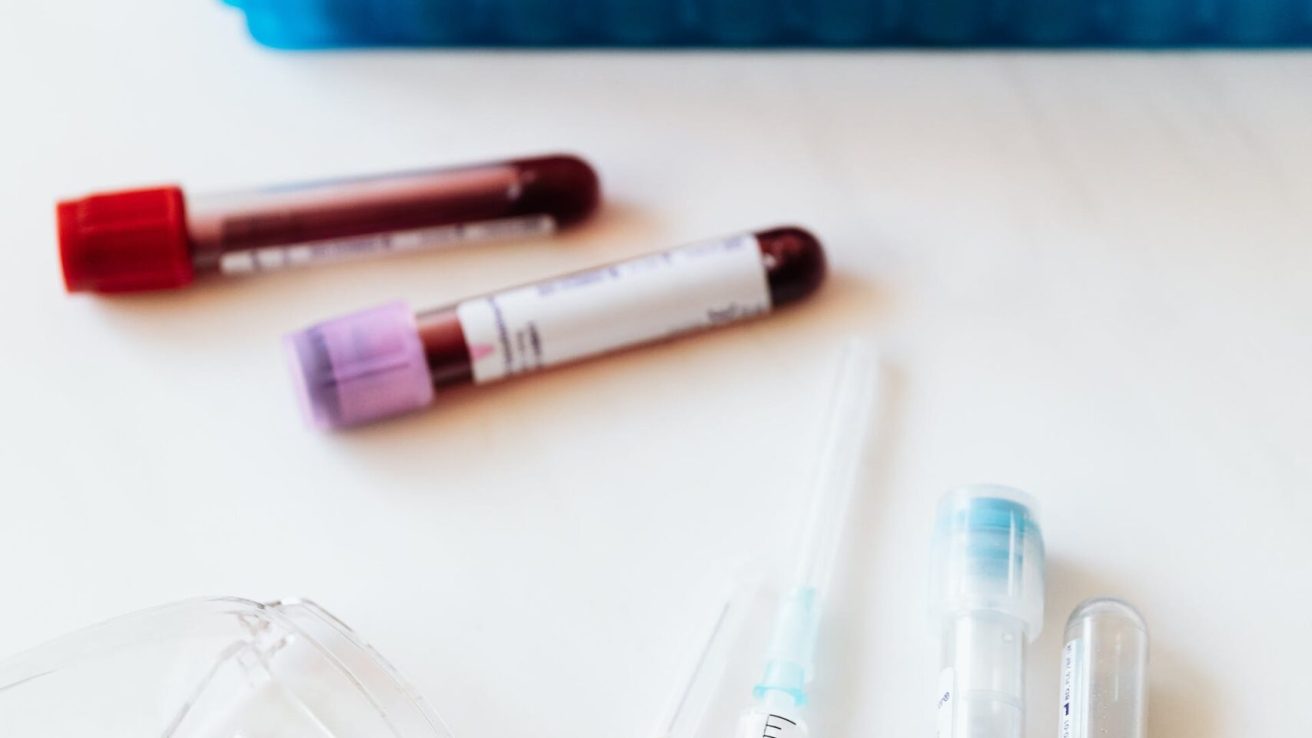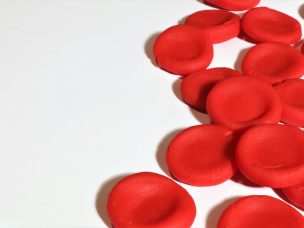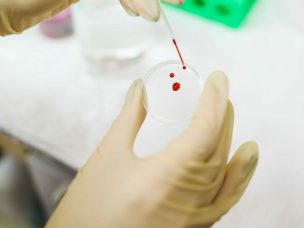This preliminary study revealed that mice with certain genetic variants exhibit anemia, emphasizing the importance of LDHA in red blood cell erythropoiesis.
Glycolysis, or the metabolism of glucose, is integral to cellular life. The pyruvate obtained in glycolysis is either converted to lactate or oxidized into the tricarboxylic acid cycle. The former process is catalyzed by lactate dehydrogenase (LDH), whereas the latter is catalyzed by pyruvate dehydrogenase (PDH).
This experimental study aimed to investigate whether LDH has a significant contribution to erythropoiesis and whether erythroid progenitor cells are dependent on this enzyme for development. In order to address these questions, the study employed genetic knockouts (KOs) of Pdha1, Ldha, and Ldhb in the hematopoietic system for assessing the glucose catabolism requirement in red blood cell production.This study was presented as a poster at the 65th American Society of Hematology Annual Meeting and Exposition.
Correlation of Gene Variants and Anemia
The study findings showed that mice with Ldha Δ/Δ and Ldha Δ/Δ; Ldhb Δ/Δ had anemia, but mice with Ldhb Δ/Δ did not have anemia. This supports the role of LDH in red blood cells for erythropoiesis. The severity of anemia was greater among mice with Ldha Δ/Δ; Pdha1 Δ compared to mice with Ldha Δ/Δ, indicating that both LDH and PDH are integral to the maintenance of in vivo erythroid development.
Lactate Dehydrogenase and Pyruvate Dehydrogenase in Erythroid Differentiation
According to the study findings, either PDH or LDH are required for the transition of cells from the pre-colony-forming unit-erythrocyte (pre-CFU-E) stage to the CFU-E stage in erythroid differentiation. This is supported by the accumulation of pre-CFU-E cells and depletion of CFU-E cells in the bone marrow of mice with Ldha Δ/Δ; Pdha1 Δ compared to single LdhaΔ/Δ mice.
Lactate Dehydrogenase and Pyruvate Dehydrogenase in Thymopoiesis
The analysis of the thymus in mice with Ldha Δ/Δ and Ldha Δ/Δ; Ldhb Δ/Δ did not demonstrate any changes in the thymocytes, but mice with Ldha Δ/Δ; Pdha1 Δ demonstrated a significant and persistent decline at the double-negative (DN1) stage, which persisted through all stages of T-cell development. These results suggest that mature immune cells depend only on LDH or PDH for survival, whereas immature progenitor cells may alternate between PDH and LDH for glycolysis.
Source
Kwarteng, E. (2023, December 9). Cell-Type specific requirement of glucose catabolism in erythropoiesis and thymopoiesis. https://ash.confex.com/ash/2023/webprogram/Paper190572.html










